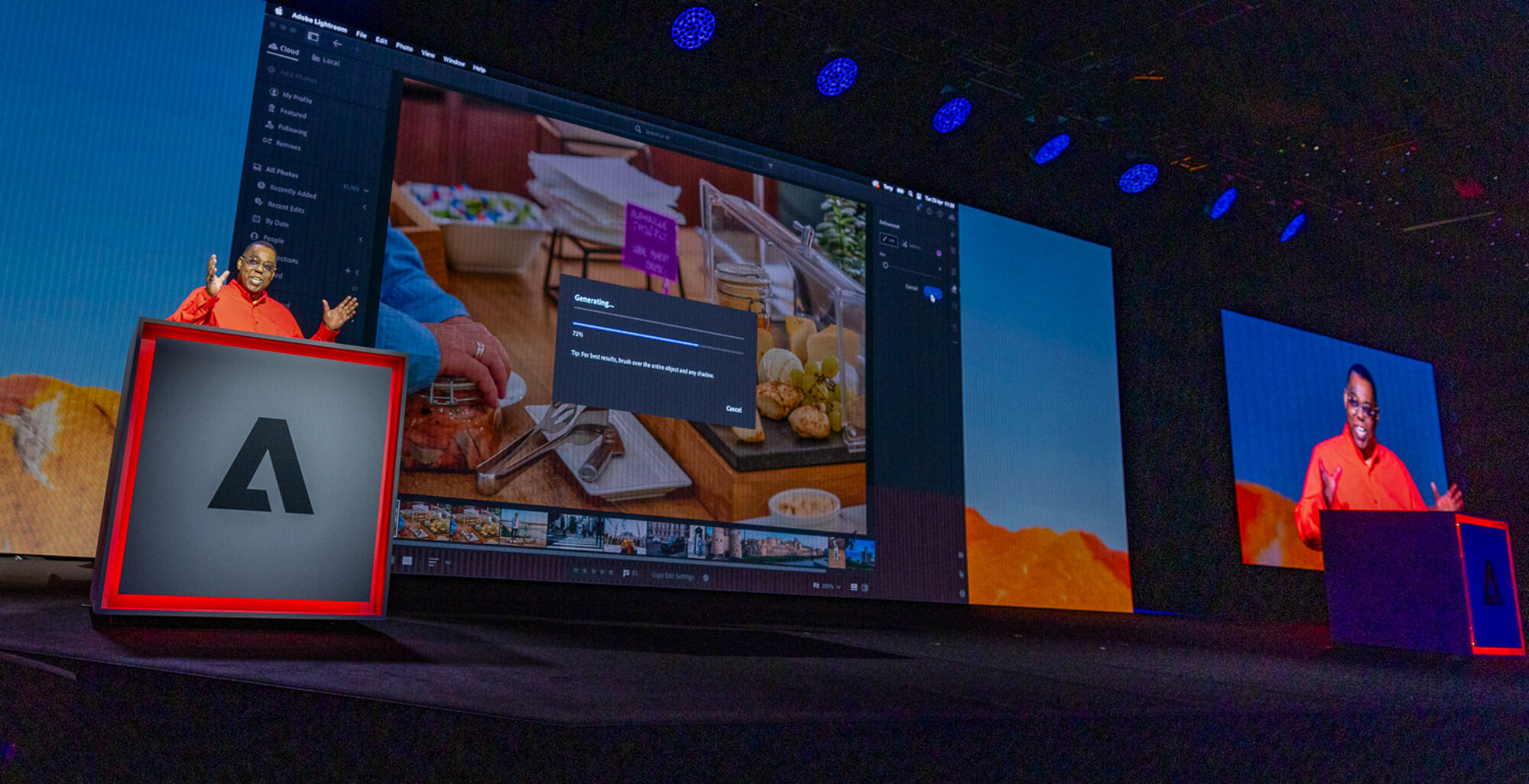Discover the Best tech blog for the current Trends and Developments in Innovation
Discover the Best tech blog for the current Trends and Developments in Innovation
Blog Article
Just How Blockchain Innovation Is Revolutionizing Information Protection
Blockchain modern technology is essentially modifying the landscape of information safety by presenting a decentralized framework that promises improved openness and resilience. Unlike standard systems, which rely upon centralized data repositories, blockchain disperses information throughout a network, decreasing vulnerabilities and solitary points of failure. Making use of advanced cryptographic strategies makes certain that information remains tamper-proof, promoting trust fund among stakeholders and individuals. As industries quickly adjust to this modern technology, inquiries emerge regarding its broader impact and potential obstacles. What ramifications does this change hold for future data defense methods and governing structures? The responses might amaze you (Best tech blog).
The Basics of Blockchain
Blockchain modern technology, a revolutionary principle in digital data monitoring, fundamentally changes exactly how information is kept and safeguarded. At its core, a blockchain is a distributed ledger that tapes purchases across a network of computer systems, ensuring openness and immutability.
Secret to comprehending blockchain is the hashing process, which secures transaction information right into an unique alphanumeric code. This cryptographic feature makes certain that any kind of modification in the transaction information results in a totally various hash, thus securing versus tampering. The agreement system, one more vital part, confirms and validates brand-new transactions via a network of nodes, consequently eliminating the need for a central authority.
Moreover, blockchain's append-only framework ensures that data, once added, can not be deleted or altered. This characteristic assurances a proven and permanent document of deals, fostering depend on amongst participants. Therefore, blockchain provides a robust structure for information integrity, providing sectors a dependable technique for tracking and managing electronic information in a secure, transparent way.
Decentralization and Protection
Decentralization, a core principle of blockchain innovation, significantly improves data security by distributing control across a network rather than counting on a particular, central entity. By distributing information across various nodes, blockchain ensures that even if one node is compromised, the whole network continues to be secure.

Moreover, decentralization equips customers with higher control over their data. Each participant in the network has access to the entire blockchain, permitting them to validate and audit purchases independently. This transparency fosters depend on amongst individuals, as they do not have to count on a central authority to make certain information integrity. On the whole, decentralization is critical in boosting information safety and security in blockchain networks.

Cryptographic Strategies
At the heart of blockchain modern technology, cryptographic strategies play a pivotal duty in protecting data, guaranteeing both discretion and stability. These techniques are fundamental to the blockchain's capability to securely tape-record purchases in a decentralized manner. Cryptography in blockchain uses a mix of symmetrical and asymmetric formulas to encrypt data, making it accessible just to licensed parties - Best tech blog. Public and personal essential sets are central to this process, enabling safe verification and identity verification without revealing delicate information.
Hash functions are another critical element, changing input data right into a fixed-size string of personalities, efficiently producing an one-of-a-kind electronic fingerprint for each block. This ensures that any kind of effort to alter the information will certainly result in a completely various hash, hence preserving the immutability of the blockchain. In addition, electronic signatures confirm the authenticity and honesty of purchases, supplying a layer of non-repudiation.
The decentralized nature of blockchain, integrated with durable cryptographic techniques, gets rid of the demand for middlemans, reducing possible vulnerabilities. As blockchain innovation progresses, developments in cryptography such as zero-knowledge proofs find more info and homomorphic file encryption continue to boost security steps, further strengthening information defense in this cutting edge digital journal system.
Use Instances Across Industries

In the healthcare market, blockchain makes sure the safe storage space and sharing of person documents, promoting interoperability while safeguarding delicate information from unapproved gain access to. This innovation equips individuals with control over their case history and assists in seamless control among health care suppliers.
Supply chain management advantages dramatically from blockchain's unalterable journal, which makes certain traceability and credibility of items from origin to customer. By enhancing openness, blockchain assists mitigate concerns such as counterfeiting and unethical sourcing.
Furthermore, blockchain's decentralized nature is reshaping the power field by enabling peer-to-peer power trading, where consumers can deal excess renewable power straight. This fosters a more sustainable and effective energy community.
In the world of copyright, blockchain gives a tamper-proof platform for designers to sign up and secure their jobs, guaranteeing rightful acknowledgment and reasonable payment. These diverse use situations highlight blockchain's function as a pivotal force in redefining data security throughout markets.
Future of Information Protection
As we aim to the future of data defense, blockchain modern technology is positioned to play a crucial function in safeguarding electronic information. With its decentralized and unalterable qualities, blockchain provides a robust structure for safeguarding delicate information against unauthorized access and cyber hazards. This innovation guarantees that when information is recorded, it is nearly impossible to change without discovery, hence providing a substantial benefit over standard information storage approaches.
The combination of blockchain with other advanced innovations, such as man-made intelligence and the Net of Points (IoT), is expected to improve information defense approaches additionally. By go to website leveraging smart contracts, organizations can automate and enforce security procedures, minimizing human error and raising effectiveness. Furthermore, blockchain's capability to offer clear and deducible transactions will boost trust fund and responsibility in data management methods.
As regulatory landscapes evolve, blockchain's compliance-friendly nature will certainly become significantly appropriate. It can aid organizations fulfill strict data security policies, such as the General Information Defense Regulation (GDPR) and the California Customer Privacy Act (CCPA), by offering proven documents of information handling activities. Eventually, blockchain's distinct qualities setting it as a transformative device in the recurring mission to protect the electronic globe versus ever-evolving cyber hazards.
Verdict
Blockchain modern technology stands for a standard change in information protection by leveraging decentralization and cryptographic methods to boost transparency, trust, and information integrity. Its ability to eliminate single points of failing and employ agreement mechanisms considerably lowers the threat of fraud and cyberattacks. This ingenious framework not just equips customers with higher control over their information yet also aligns with governing compliance. As cyber risks develop, blockchain becomes an important tool for durable data security throughout various markets.
Blockchain modern technology is essentially altering the landscape of data security by presenting a decentralized structure that guarantees enhanced openness and resilience. Unlike typical systems, which rely on central data databases, blockchain disperses information across a network, lessening susceptabilities and single factors of failing.Decentralization, a core principle of blockchain technology, significantly improves data protection by dispersing control throughout a network instead than counting on a particular, centralized use this link entity.At the heart of blockchain modern technology, cryptographic methods play a critical duty in safeguarding information, making sure both confidentiality and integrity.Blockchain technology represents a standard change in information security by leveraging decentralization and cryptographic techniques to boost openness, trust, and data integrity.
Report this page